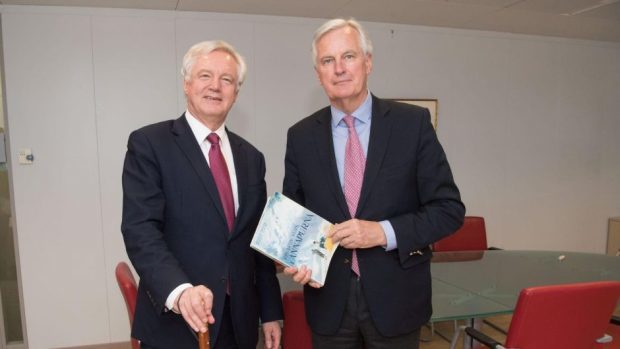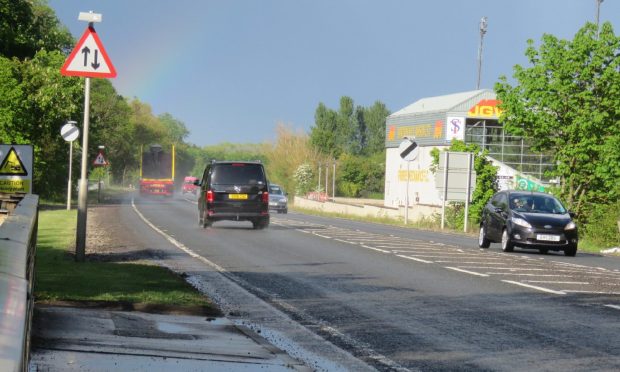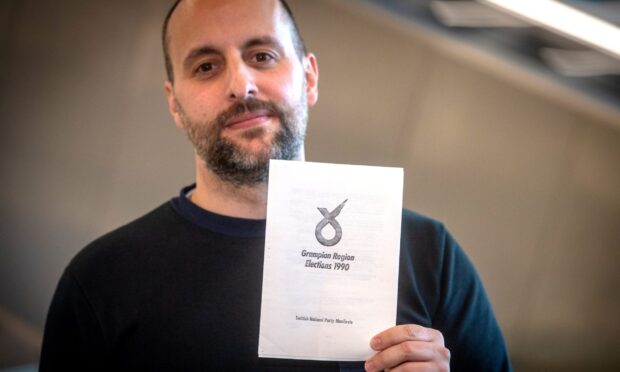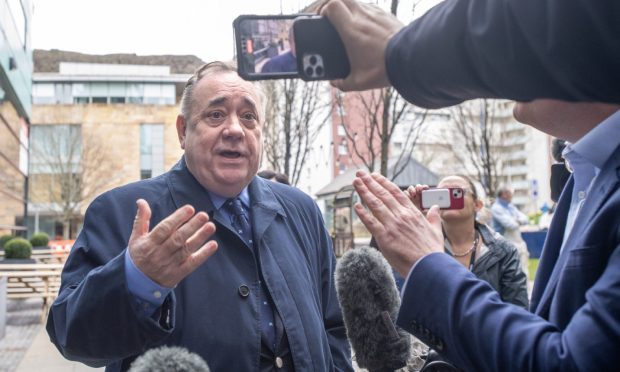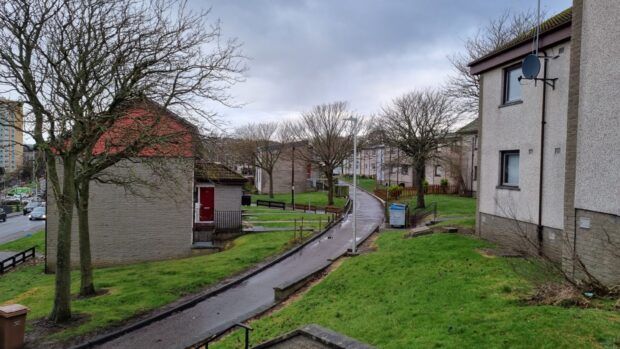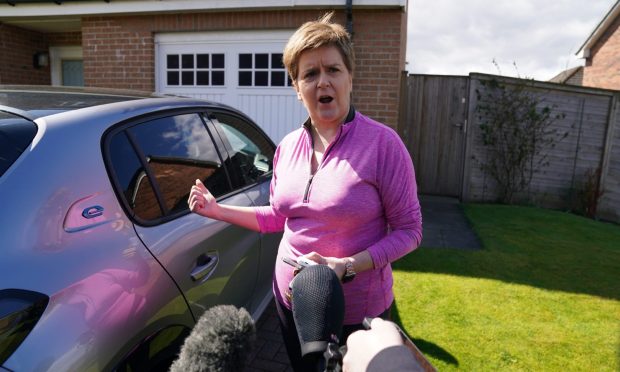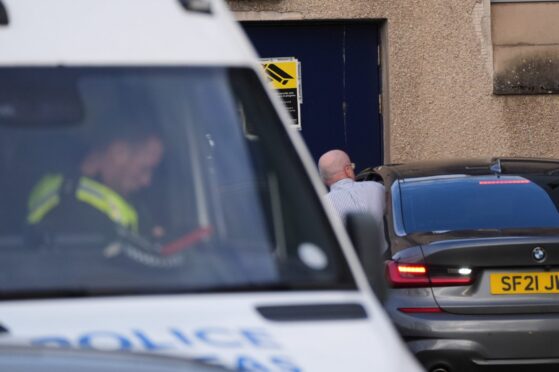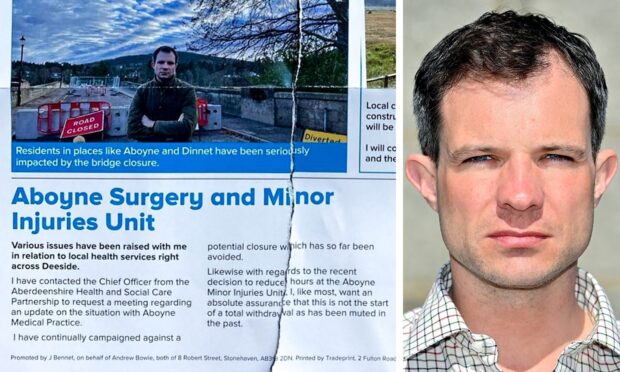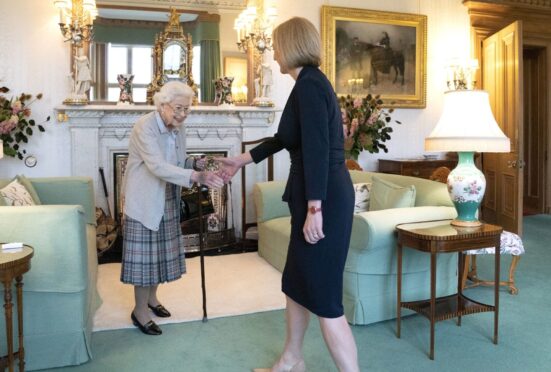It will not be possible for Britain to enjoy all the benefits of the single market or frictionless trade with its former EU partners after Brexit, the European Commission’s chief negotiator has warned.
Michel Barnier told an EU committee in Brussels that there will be “negative” consequences to Brexit, which result from the UK’s decision to vote Leave in last year’s referendum and not from any attempt by the EU to “punish” the UK.
But he said it appeared that some of those on the British side have still not understood the EU’s position and believe that they can hold onto the benefits of the single market while giving up membership.
Mr Barnier said that Brexit would create a “loser/loser situation” for both the EU and UK, which would be worsened if the two sides failed to reach a deal – with the UK having “more to lose” than the remaining 27 states. There was “no reasonable justification” for Britain crashing out of the EU without a deal, he said.
His comments represent a stark rejection of the negotiating position set out by Prime Minister Theresa May, who has said she wants trade with the remaining EU to be “as frictionless as possible” and that “no deal is better than a bad deal”, and Brexit Secretary David Davis, who has said he hopes a new trade deal will deliver the “exact same benefits” as single market membership.
Speaking to the European Economic and Social Committee, Mr Barnier said that Brussels had made clear to the UK that the EU’s “four freedoms” – including freedom of movement – are indivisible, that there can be no sector-by-sector participation in the single market and that the EU will maintain full sovereignty over its own rules and regulations.
“These three points were already made very clear by the European Council and European Parliament, but I am not sure whether they have been fully understood across the Channel,” said Mr Barnier.
“I have heard some people in the UK argue that one can leave the single market and keep all of its benefits. That is not possible.
“I have heard some people in the UK argue that one can leave the single market and build a customs union to achieve frictionless trade. That is not possible.
“The decision to leave the EU has consequences and I have to explain to citizens, businesses and civil society on both sides of the Channel what those consequences mean for them.
“These consequences are the direct result of the choice made by the UK, not by the EU. There is no punishment for Brexit and of course no spirit of revenge. But Brexit has a cost, also for business in the EU27, and businesses should assess with lucidity the negative consequences of the UK choice on trade and investment and prepare to manage that.”
Failure to reach a deal on the future EU-UK relationship would mean “a return to the distant past”, with trade regulated by World Trade Organisation rules which would impose tariffs on goods such as vehicles, food and drink, he said.
“No deal would worsen the loser/loser situation which will necessarily be the result of Brexit and objectively the UK would have rather more to lose than its partners,” said Mr Barnier.
“There is no reasonable justification for a no deal scenario. There is no reason further to worsen the consequences of Brexit.”
In a warning of the additional costs and administrative burdens which UK exporters are likely to face after Brexit, Mr Barnier said: “Trade will never be as fluid for a country which makes the choice to leave the single market and the customs union.”
He added: “Only a combination of the customs union and the rules of the single market make it possible to trade freely without friction between our countries. You don’t get the one without the other.
“By choosing to leave the union, you are moving yourself deliberately outside that external border which is the border of the single market.”
Mr Barnier gave examples of the way in which he believes that “a trading relationship with a country which is not in the EU will involve friction”.
UK exporters will face additional red tape over VAT declarations, he said.
And exports of live animals and animal products will be subject to border checks, which will pose a particular challenge on the border with the Republic of Ireland.
Businesses, like Airbus in North Wales, which rely on integration with continental Europe will face new “constraints” in moving parts and staff between centres of production.
Withdrawal without agreement on future trade arrangements would mean “very cumbersome” customs procedures for businesses, with UK companies facing delays of three to four days, rather than a few hours, on every export of goods to the EU, requiring them to invest more of their resources in warehouses, storage and transportation.
Mr Barnier said his message to the UK was: “We want a deal… A balanced deal is far, far preferable to no deal.”
But he stressed that his main job was “to limit the cost of Brexit for the 27, to the extent that that is possible”.
He said: “The future of Europe is a lot more important than Brexit.
“Let’s prepare for Brexit, we will face up calmly to Brexit, since that is the decision of the UK, but we are preparing for the future of Europe.”
Downing Street said the Government did understand the EU’s position and was focused on “getting a deal that works for both sides” but acknowledged there were “strong feelings” in Brussels about the result of the Brexit referendum.
The Prime Minister’s spokesman said: “We have set out the relationship that we seek in the white paper and Lancaster House speech.
“We want a comprehensive free trade agreement and a new customs agreement which allows for trade which is as frictionless as possible.
“Obviously we are just at the beginning of the negotiations but I would say that the most frictionless possible trade between the UK and the EU is clearly in the interests of both sides.”
Asked what Mr Barnier meant with his warning about “negative consequences”, the spokesman said: “That’s a question for Michel Barnier.
“It isn’t new that some on the EU side have strong feelings about the decision the British people took last year but the UK Government is focused on getting the best possible deal for our whole country and a deep and special partnership that’s in the interests of the whole continent.”
